Ring Doorbell Wired vs Battery: Choosing the Best Option
As smart home technology becomes more accessible, home security solutions, like video doorbells, have gained popularity. Among these, Ring doorbells stand out for their reliability, ease of use, and feature-rich design. Whether you're looking to improve your home's security or simply add a level of convenience, a video doorbell can make a significant difference in how you monitor and secure your property.

Ring offers two main types of video doorbells: wired and battery-operated. Both lines come with distinct advantages and limitations, depending on your home setup, lifestyle, and security needs. In this guide, we’ll walk through each type's pros and cons, explain critical differences, and explore doorbell accessories you can get to improve the functionalities of whichever model you might choose.
Pros and Cons of Wired Ring Doorbells
Wired Ring doorbells are designed to connect directly to your home's existing doorbell wiring, offering constant power and typically enhanced performance. Because of this, wired models are often preferred by homeowners who seek reliability and advanced features.
Ring currently offers four wired doorbell models: the base Video Doorbell Wired, Wired Doorbell Plus, Wired Doorbell Pro (previously called the Video Doorbell Pro 2), and the Ring Video Doorbell Elite which is powered over Ethernet.
Advantages
Reliable Power Source
Wired Ring doorbells benefit from a continuous power supply, which means there's no need for battery replacements. This continuous connection ensures the device is always ready to capture video, send alerts, and provide live views without interruptions due to power loss.
Generally Better Performance and Connectivity
When it comes to connectivity, wired video doorbells tend to perform better, especially in terms of response time and reliability. The wired power connection typically results in faster notifications, smoother live views, and fewer connectivity issues, as there’s no dependency on a battery level to maintain performance. This can be especially useful if you live in a high-traffic area, where constant video and motion alerts are essential.
No Battery Maintenance
With a wired doorbell, you eliminate the need for battery replacements and recharges, making it a low-maintenance solution. This is particularly advantageous if you have a busy schedule and can’t always keep up with battery checks. Wired models are ideal for homeowners who want a "set it and forget it" solution that doesn’t require additional attention.
Disadvantages
Complex Installation Process

Battery Ring doorbells are known for their easy installation process. Since they don’t require any wiring, you only need to mount the doorbell and follow a few app-based setup instructions. The setup process generally takes about 15-20 minutes, and users only need a stable internet connection to activate the doorbell. This ease of installation makes battery-powered models attractive to people who want a quick, do-it-yourself option.
Versatility in Placement
With battery power, placement options expand beyond the traditional doorbell location. Users can install the doorbell at any entry point, making it suitable for those with unique layouts or homes with multiple entry points. Battery models are especially helpful for renters who may not have permission to alter existing wiring or don’t have access to wiring.
Ideal for Renters or Homes without Existing Wiring
Battery video doorbells are designed with flexibility in mind, catering to renters and those without existing doorbell wiring. These models can be easily removed and reinstalled without affecting the property’s structure, a key advantage for renters who might move frequently.
Disadvantages
Regular Battery Maintenance RequiredRing battery doorbell requires periodic recharging or battery replacements, depending on how often it's used. High-traffic areas may drain batteries faster, meaning you’ll need to monitor and recharge the battery more frequently. This added maintenance can be inconvenient if you’re away from home for extended periods. However, accessories like a solar charger or a power supply can be a great solution for power-related issues.

Potential Connectivity Issues
Battery-powered video doorbells may experience reduced performance as the battery drains. This can lead to connectivity issues, slower response times, and delayed notifications. Ensuring you have a charged battery is crucial to maintaining performance.
Limited Functionality Compared to Some Wired Models
Certain advanced features, like continuous video recording, may not be available on battery models. Wired models often come with higher-end functionalities, making them more suited for users looking for comprehensive security.
Key Differences Between Wired and Battery Ring Doorbells
Understanding the specific distinctions between wired and battery-operated Ring doorbells can help you make an informed choice. Here’s a look at how they differ in terms of installation, power, connectivity, and features.
1. Installation
- Wired: Installation requires an existing doorbell system or professional installation. Wired models typically connect to your home’s existing doorbell wiring, which powers the device.
- Battery: Simple DIY installation that doesn’t require wiring. The Ring Battery Doorbell offers greater flexibility in placement, as it can be installed in various locations around the home.
2. Power and Maintenance
-
Wired: Offers continuous power without needing battery replacements, making it a low-maintenance option. However, its wired nature limits your option for installation locations.

-
Battery: Needs recharging or battery replacements, depending on usage. Users must manage battery levels to maintain functionality. Battery video doorbells may run out of charge when you least expect it, which could mean missing crucial security footage. However, the downtime between dismounting and recharging its batteries can be lessened by having a spare, fully-charged battery. With the Wasserstein Battery Charging Station, you can ensure you always have a backup battery when your Ring video doorbell needs it.
3. Connectivity and Performance

- Wired: Wired models generally have more stable connectivity, with faster response times and reduced latency.
- Battery: Connectivity can fluctuate with battery levels, impacting response times and performance.
While both variants offer robust connectivity, there may be instances where your doorbell is having trouble connecting to your other smart home devices. One such issue is the Ring Doorbell not ringing inside, which may be related WiFi or battery issues.
4. Features and Functionality
While Ring generally equips its doorbells with the same functionality, the wired doorbells may offer more capabilities as you can turn on power-hungry features like motion detection without worrying about depleting the power supply. The real determinant of which has "better features" is Ring's new video doorbell naming convention. The iPhone-like Plus and Pro add-ons pretty much sum up which models have more advanced features.
Popular Ring Doorbell Models Compared
Ring offers an array of video doorbell models, with both wired and battery-operated options to suit different needs and budgets. Here’s a comparison of some popular choices:
Ring Video Doorbell Wireless Models
Ring Battery Doorbell
The Ring Battery Doorbell is an entry-level wireless video doorbell with 1440x1440 HD video quality, two-way talk, and motion detection, powered by a built-in rechargeable battery or through hardwiring. Priced at $59.99, it's a versatile option for homes that need basic, reliable monitoring at an accessible price. With motion alerts and Alexa integration, it provides all the essential security features you need in a video doorbell.
Ring Battery Doorbell Plus
The Ring Battery Doorbell Plus, priced at $99.99, builds on this by adding head-to-toe visibility through an enhanced HD resolution (1536p) and color pre-roll, which captures moments just before a motion alert is triggered. This expanded field of view allows for more complete coverage of an entryway, ensuring any packages or visitors are in view.
Ring Battery Doorbell Pro

Image courtesy of Ring
The Ring Battery Doorbell Pro, priced at $149.99, offers a more advanced security setup, with 1536p video, 3D Motion Detection, Bird’s Eye View, and dual-band Wi-Fi. These premium features allow for greater motion sensitivity and area customization, perfect for those wanting high-end, pro-level home security. Bird’s Eye View, for example, uses radar to map where a motion event begins and travels, providing added context.
While power is their weakness, Ring Video doorbell wireless accessories like a solar charger or a battery charging station can help ensure continuous supply while maintaining their wireless nature.
Ring Video Doorbell Wired Models
Video Doorbell Wired
The Video Doorbell Wired is Ring's most basic model, priced at $49.99. It features 1080p HD video quality and two-way talk capabilities, allowing users to communicate with visitors. This model is hardwired, ensuring a continuous power supply and eliminating the need for battery replacements. It also works with Alexa and existing doorbell chimes, making it a practical choice for users seeking essential smart doorbell functionalities.
Video Doorbell Plus
The Video Doorbell Plus (previously Video Doorbell Pro) offers a significant upgrade at $149.99, featuring 1536p HD+ video resolution and advanced 3D motion detection. Users can customize motion zones and receive alerts, helping to reduce false alarms. Additionally, it includes dual-band Wi-Fi for better connectivity and interchangeable faceplates for personalization. This model is designed for those who want enhanced monitoring capabilities and customization options.
Ring Video Doorbell Pro

Image courtesy of Ring
At the top of the lineup, the Video Doorbell Pro (previously Video Doorbell Pro2)retails for $229.99 and boasts cutting-edge technology. It features a 160-degree field of view and head-to-toe video capture, making it ideal for monitoring deliveries and visitors. Advanced features such as Bird's Eye View and pre-roll video previews enhance security by providing context for motion alerts. This model is perfect for users seeking comprehensive surveillance and advanced smart home integration.
Use Cases: Which One is Right for You?
Selecting the right Ring doorbell often depends on factors like your living situation, property ownership status, and specific security needs.
Best for Homeowners
For those who own their property, wired models offer the most reliable performance. Since wired doorbells don’t require regular battery maintenance and are connected to the existing doorbell chime, they’re a convenient, long-term solution. Wired models also typically feature more advanced options, which can be beneficial for homeowners seeking a comprehensive security setup.
Best for Renters
Battery-powered models are an excellent choice for renters, providing flexibility, easy installation, and the ability to remove the device when moving. Renters can avoid the limitations of wired setups and still gain access to reliable video monitoring, motion alerts, and other essential features. To see how easy it is to remove a Ring doorbell, check our this step-by-step guide.
Special Considerations
-
Frequent Power Outages: If you live in an area prone to power outages, a battery model may offer greater reliability during these times.
-
High-Traffic Areas: Homes in busy neighborhoods may benefit from wired models, which offer stable performance and uninterrupted coverage.
-
Wi-Fi Requirements: Battery-operated models rely more on a stable Wi-Fi connection, so consider your Wi-Fi strength before purchasing a battery-powered model.
Final Verdict
Both wired and battery Ring doorbells have benefits tailored to different home setups.
-
Choose a wired model if you seek consistent performance, stable connectivity, and advanced features without the need for battery maintenance.
-
Opt for a battery model if you want flexibility, ease of installation, and a portable option that can be moved to different properties or locations.
FAQ
Do you need batteries for a wired doorbell?
No, wired Ring video doorbells are powered by the home’s electrical wiring and do not require batteries.
Is it better to hardwire your Ring doorbell?
Yes, hardwiring a Ring doorbell provides continuous power and eliminates the need for replacing or replenishing the rechargeable battery, making it a convenient option.
How long does a Ring battery last if hardwired?
Hardwired Ring doorbell cameras use minimal battery power as they rely on the wired connection for primary power, so the battery may last months.
Does a wired doorbell need a transformer?
Yes, most wired video doorbells require a transformer to convert the home’s power to the correct voltage.


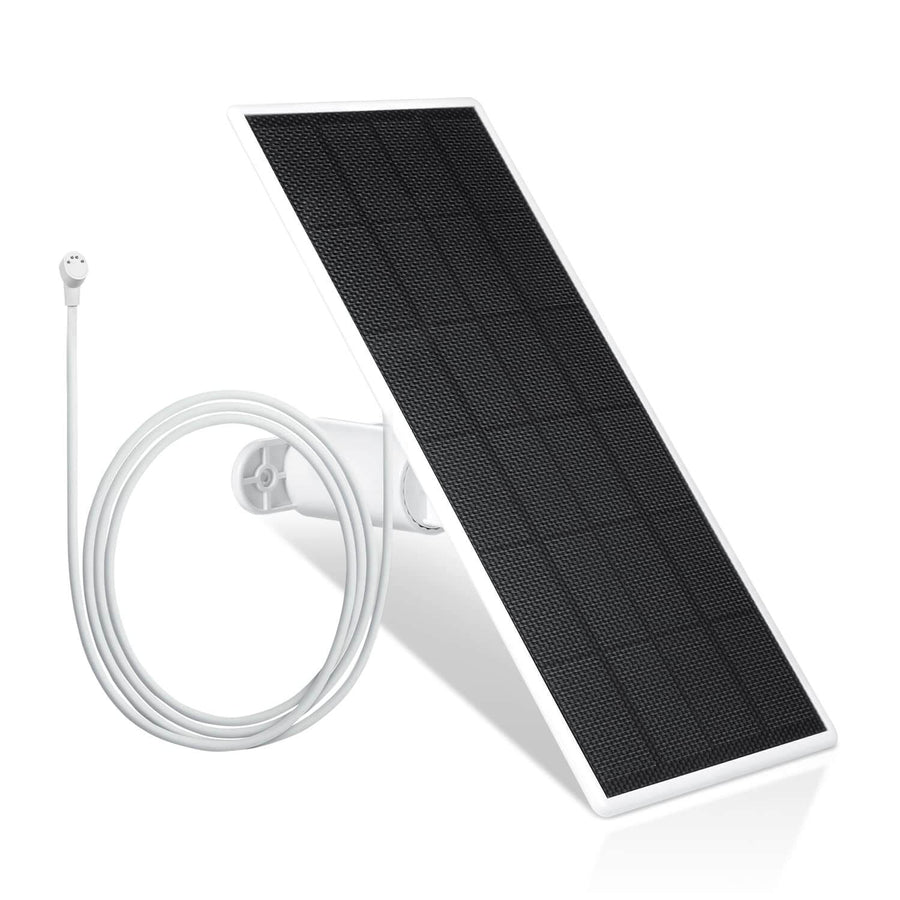

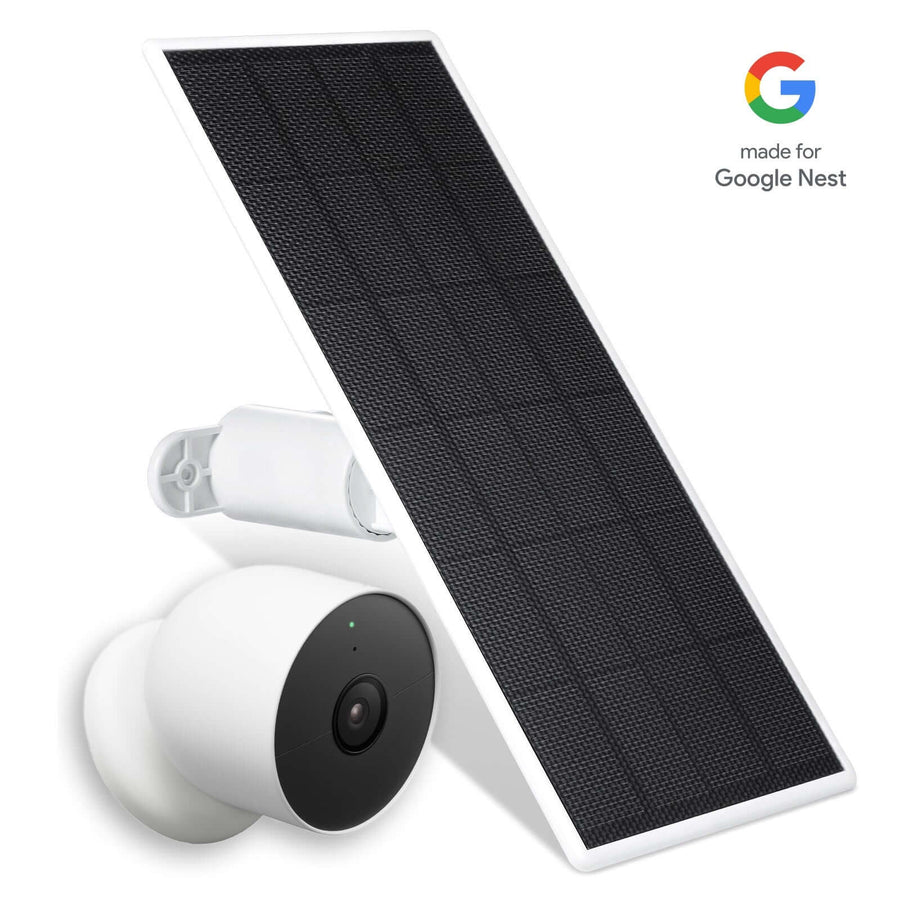
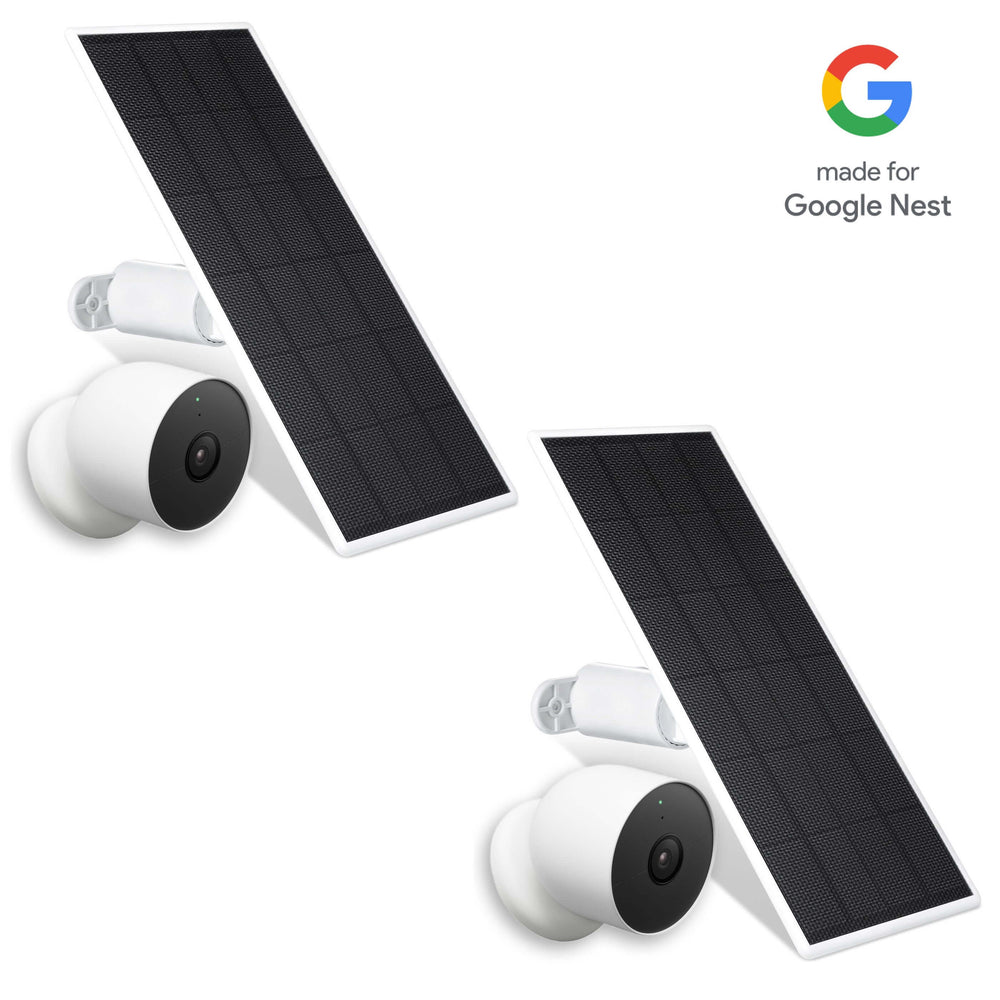
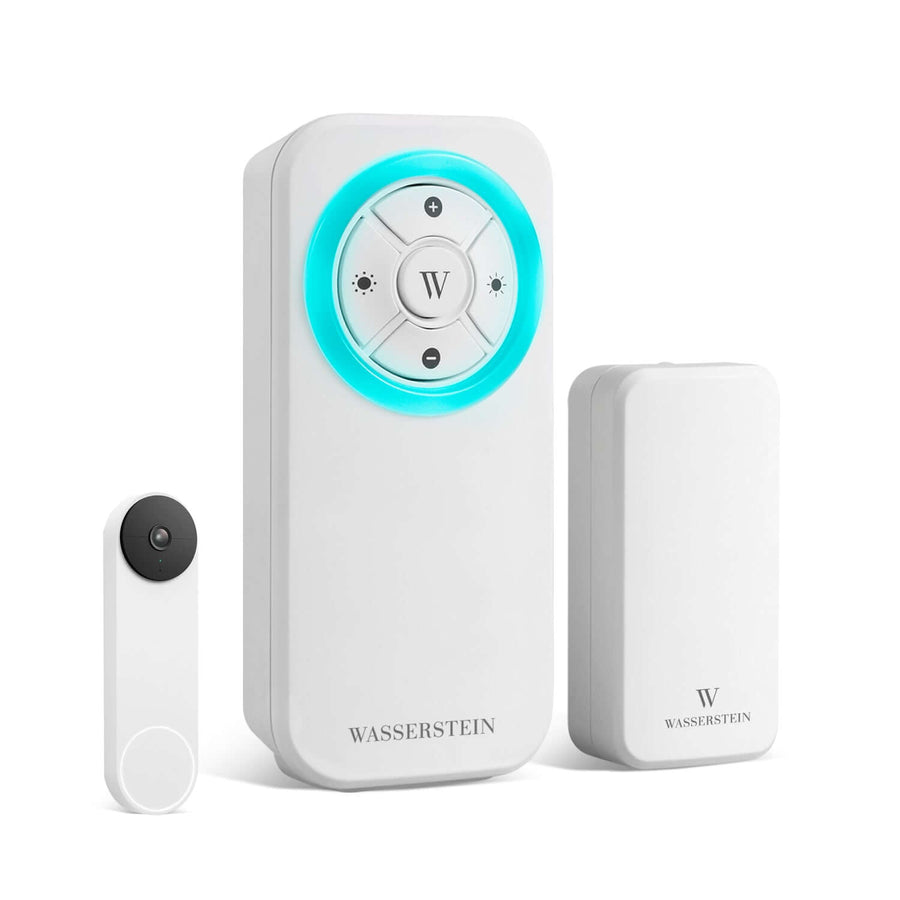
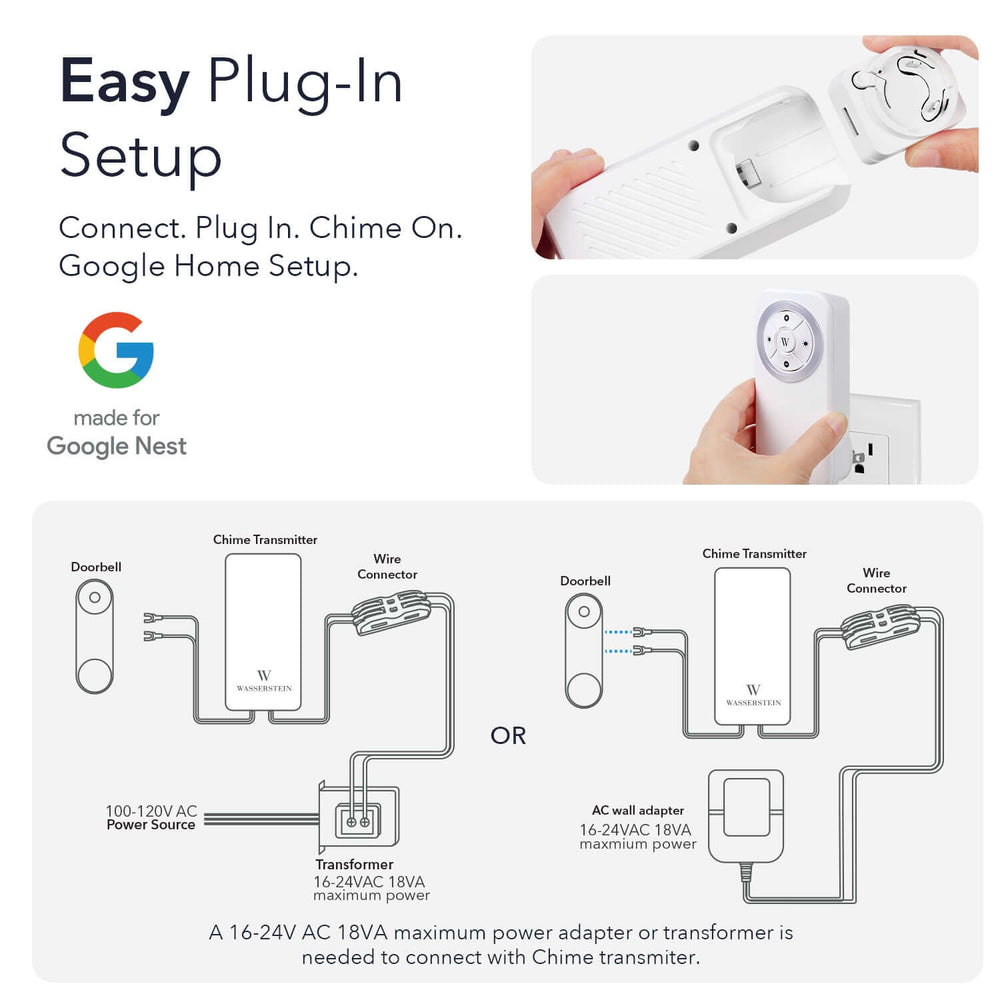
I like how this guide highlights the pros and cons for homeowners vs. renters. Since I own my house a wired Ring doorbell seems like the best choice for me. No worrying about battery life and I get all the advanced features I want.
Leave a comment